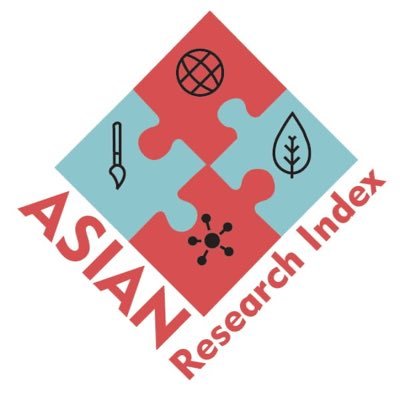FARANGĪ MAḤALL, A MODEL OF TRADITIONAL ISLAMIC LEARNING
Abstract
‘Farangī Maḥall (17th century) is a pre-colonial evolutionary structure of education in the Indian subcontinent. This paper examines the role of the scholars of Farangī Maḥall, their historical background, intellectual contribution and pedagogical methods of learning from the seventeenth century until the end of the colonial rule in 1947. In this paper, an attempt is made to trace the role of the scholars of Farangī Maḥall, Lucknow who are well-known for their contribution to Islamic learning. This research explores the loose structure of education at Farangī Maḥall, which was organic and fine-tuned with the needs of the individual and society. The learned men of Farangī Maḥall (known as Farangī Maḥallies) not only served as scholars and intellectuals in almost all walks of life but they also played a key role in promoting Islamic thought and traditional education in South Asia. Unfortunately, not a single institution can be counted for such a system of education catering to both religious and worldly education at the same time. This study aims to explore some of the hitherto less known aspects of the contribution of Farangī Maḥall in the field of traditional education in South Asia.



.png)




